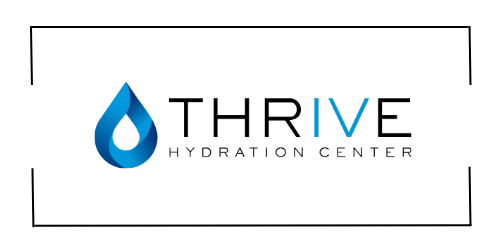NAD+ (nicotinamide adenine dinucleotide) is a coenzyme that is essential for many cellular processes in the body. It plays a crucial role in energy metabolism, DNA repair, and cellular communication. In recent years, NAD+ has gained attention as a potential anti-aging and therapeutic agent, and there is ongoing research exploring its many benefits. In this blog, we will explore what NAD+ is and why it is important.
What is NAD+?
NAD+ is a coenzyme that is involved in many cellular processes in the body. It is derived from vitamin B3 (niacin) and is found in all living cells. NAD+ is a crucial component of the electron transport chain, which is the process that converts nutrients into ATP (adenosine triphosphate), the main source of energy for the body. NAD+ is also involved in DNA repair and cellular communication, which are essential for maintaining healthy cells and tissues.
Why is NAD+ important?
- Energy production: NAD+ plays a crucial role in energy metabolism, specifically in the process of oxidative phosphorylation, which is how the body produces ATP. Without NAD+, the body would not be able to convert nutrients into energy effectively.
- DNA repair: NAD+ is involved in DNA repair, which is essential for maintaining healthy cells and preventing mutations that can lead to cancer and other diseases.
- Cellular communication: NAD+ is also involved in cellular communication, which is essential for maintaining proper cell function and tissue health.
- Anti-aging effects: Recent research has shown that NAD+ levels decline as we age, which may contribute to the aging process. Supplementing with NAD+ has been shown to have anti-aging effects, such as improved mitochondrial function and increased lifespan in animal studies.
- Therapeutic potential: NAD+ has also been shown to have therapeutic potential in a variety of conditions, including neurodegenerative diseases, metabolic disorders, and addiction.
How to Increase NAD+ levels?
NAD+ levels can be increased through supplementation with NAD+ precursors, such as nicotinamide riboside (NR) and nicotinamide mononucleotide (NMN), which are readily available in the market in the form of supplements. Exercise, fasting, and caloric restriction are other ways that have been shown to increase NAD+ levels.
In conclusion, NAD+ is an essential coenzyme that plays a crucial role in many cellular processes in the body, including energy production, DNA repair, and cellular communication. As NAD+ levels decline with age, there is ongoing research exploring its potential as an anti-aging and therapeutic agent. Supplementing with NAD+ precursors or lifestyle changes can help maintain healthy NAD+ levels and potentially offer many health benefits. However, it is important to consult with a healthcare professional before starting any new supplement or making lifestyle changes.
